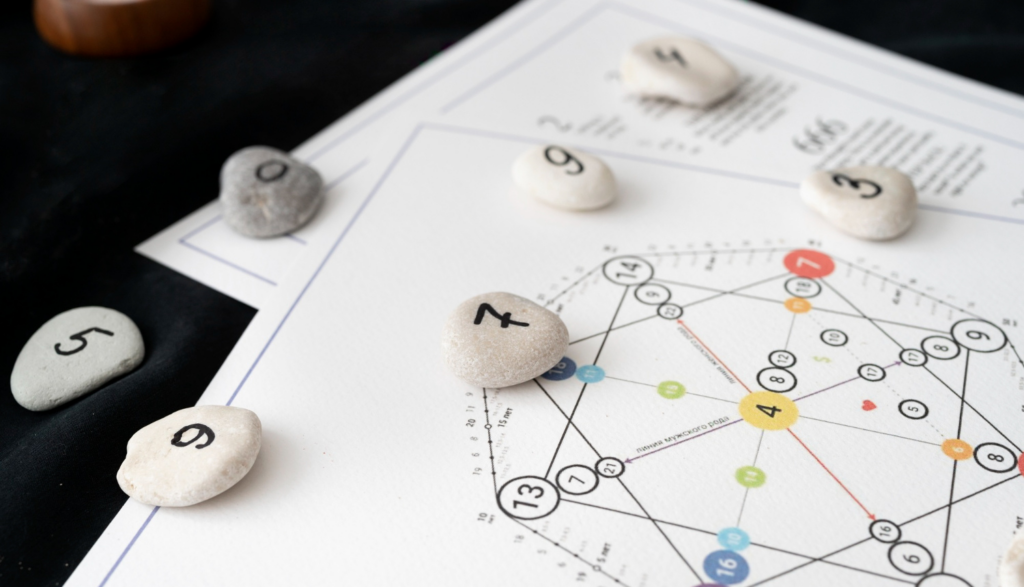In a world where belief in luck and superstitions holds sway, numerological luck charms emerge as potent symbols of good fortune. These mystical objects and symbols have fascinated cultures across the globe for centuries, intertwining with beliefs about fate, destiny, and the unseen forces that shape our lives.
Numerology, the belief in the mystical significance of numbers, forms the backbone of these charms. From ancient civilizations to modern-day societies, numerology has played a significant role in shaping cultural practices and beliefs. In numerology, each number carries its own unique vibration and symbolism, believed to influence various aspects of life, including luck and destiny.
One of the most renowned numerological luck charms is the lucky number 7. Across cultures and religions, the number 7 holds a special significance, often associated with luck, perfection, and divine intervention. From the seven wonders of the world to the seven days of creation, this number permeates myths, legends, and religious texts, serving as a beacon of good fortune.
Another prominent example is the lucky number 8, particularly revered in Eastern cultures such as China. In Mandarin, the pronunciation of the number 8 is similar to the word for prosperity and wealth, making it a highly sought-after symbol in business and personal endeavors. The belief in the auspiciousness of the number 8 is so strong that it often influences important life decisions, including wedding dates and house numbers.
Beyond numbers, various objects and symbols are also considered potent luck charms due to their association with numerological principles. The horseshoe, for instance, is a classic symbol of good luck, believed to ward off evil spirits and attract blessings. Its crescent shape is reminiscent of the lunar cycle, further reinforcing its mystical appeal.
Related: Master Numbers and Their Role in Achieving a Harmonious Life

Similarly, the four-leaf clover is cherished for its rarity and supposed ability to bestow luck upon its finder. Each leaf of the clover is believed to represent a different aspect of fortune: faith, hope, love, and luck. Finding a four-leaf clover is considered a fortuitous encounter, bringing unexpected blessings and opportunities.
In addition to objects, certain symbols hold deep-rooted significance in numerology. The infinity symbol, resembling a figure-eight on its side, symbolizes endless possibilities and eternal abundance. Its shape suggests a continuous flow of energy, attracting prosperity and positivity into one’s life.
The Eye of Horus, an ancient Egyptian symbol representing protection, power, and good health, is another example of a numerologically significant charm. Its design is said to embody mathematical precision and divine order, making it a potent talisman against negative influences.
While skeptics may dismiss numerological luck charms as mere superstition, their enduring popularity speaks to the human desire for reassurance and belief in the mysterious forces that shape our lives. Whether worn as jewelry, displayed in homes, or carried as pocket tokens, these charms serve as tangible reminders of our innate connection to the unseen realms of luck and destiny.
In the tapestry of human existence, numerological luck charms are threads woven with faith, symbolism, and the eternal quest for good fortune. Whether they hold true power or not, their allure persists, offering comfort and hope in a world where uncertainty reigns supreme.
Related: Global Peace Through Numbers: Numerology's Role in Diplomacy





















